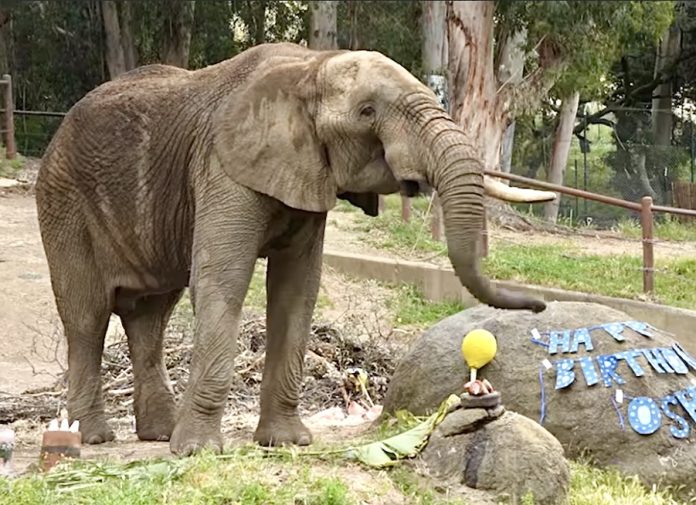
You can help all animals and our planet by choosing compassion on your plate and in your glass. #GoVeg
RELATED ARTICLES
Pressure Mounts For Arizona To Ban Dog Pack Hunting Of Mountain Lions, Bears & Other Critical Species
Conservation groups have submitted a petition to the Arizona Game and Fish Commission urging a ban on the use of dog packs for hunting...
Help Save Millions Of Lives This Holiday By Choosing Compassion On Your Plate; Adopt A Turkey Today!
As Thanksgiving approaches, we hope you enjoy a warm and safe holiday. We encourage you to make a compassionate choice by leaving animals off...
Giraffes Are One Step Closer To Receiving Vital Endangered Species Act Protections
In response to a petition and subsequent lawsuit by conservation and animal protection organizations, the U.S. Fish and Wildlife Service (USFWS) has proposed listing...
Popular stories
Industry News
New Jersey Residents: Help Ban Barbaric Gestation Crates That Confine Pregnant Pigs In Areas So Small That They Can’t Turn Around
A new bill has been introduced in New Jersey to crack down on the immense cruelty and abysmal conditions occurring on factory farms. If...
Breaking News
Victory! Washington State Has Banned Cruel Octopus Farming Following Governor Inslee’s Signature
Update: Washington state has officially banned octopus farming following Governor Jay Inslee's signature on House Bill 1153 on March 13th.
This legislative action marks a...
Breaking News
ASPCA Rescues Nearly 200 Neglected Dogs & Cats Living In Filthy Conditions In Louisiana
The ASPCA was on the ground in Clarence, Louisiana, assisting with the rescue of nearly 200 dogs and cats living in filthy and dangerous...


